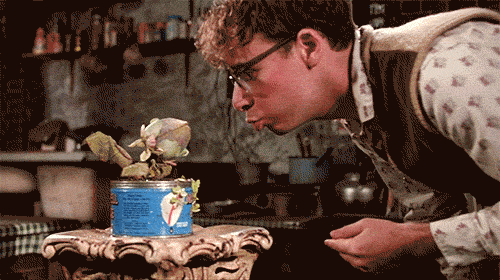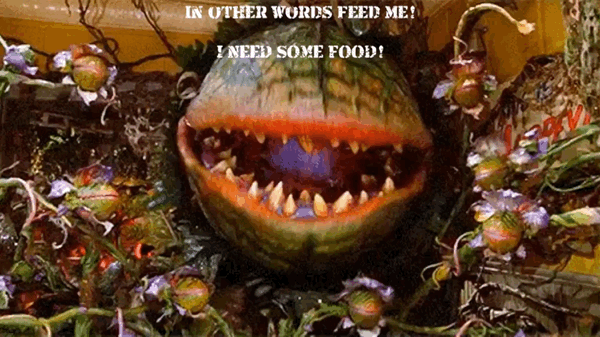I spend the next week losing the water weight getting me back to where I started. On top of that carb cycling will kick you out of ketosis and then you will take a day or several to get back. And it will delay (or prevent) getting fat adapted. All around it’s just a bad idea I think. I don’t think menopausal women need more carbs than anyone else (which means none). I really see zero benefit to it.
In fact, if you keep your carbs low all the time it will eventually have a mood stabilizing effect, which would be a benefit. But nine weeks may not be long enough to see a dramatic difference. Also, keto might not completely eliminate all your symptoms; it may just take some time.
This doesn’t even make sense. Oranges to build hormones? Dried fruit? How would dried fruit be somehow hormonally different from fresh? And how would you get enough significant increase in estrogen or progesterone from eating an orange once a week to make a difference? I say show me the science.
I am post-menopausal and I don’t do anything outside normal keto except fasting. The fasting is what is helping me lose weight at other than a glacial pace without (hopefully) dropping my RMR into the toilet. If you’re still losing very slowly (or not at all) after another few weeks, you might try some fasting. You could even start some time-restricted eating now, say 16:8, and see if that helps. Some peoples’ experience is that just doing TRE makes a big difference.
The only thing different that I did while going through menopause was drink soy milk. It probably does have enough substances in it that mimic hormones to make a difference. I used to make a lot of smoothies with it. I didn’t really do it to deal with menopause symptoms, but I think it probably helped and I’ve heard the same thing from other people. I drink a lot less of it these days, but only because I eat breakfast a lot less and I usually make my smoothies with HWC anyway.



